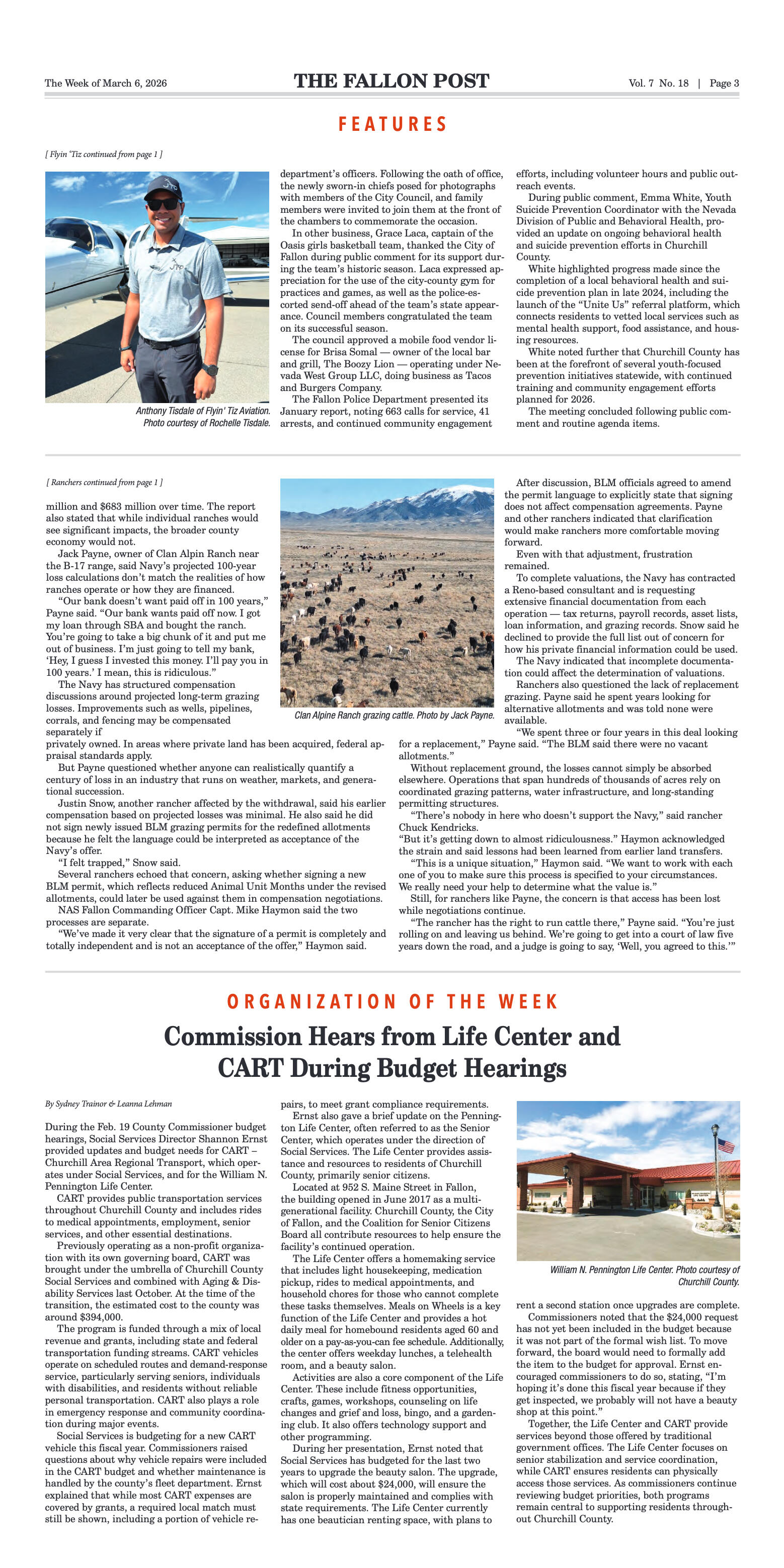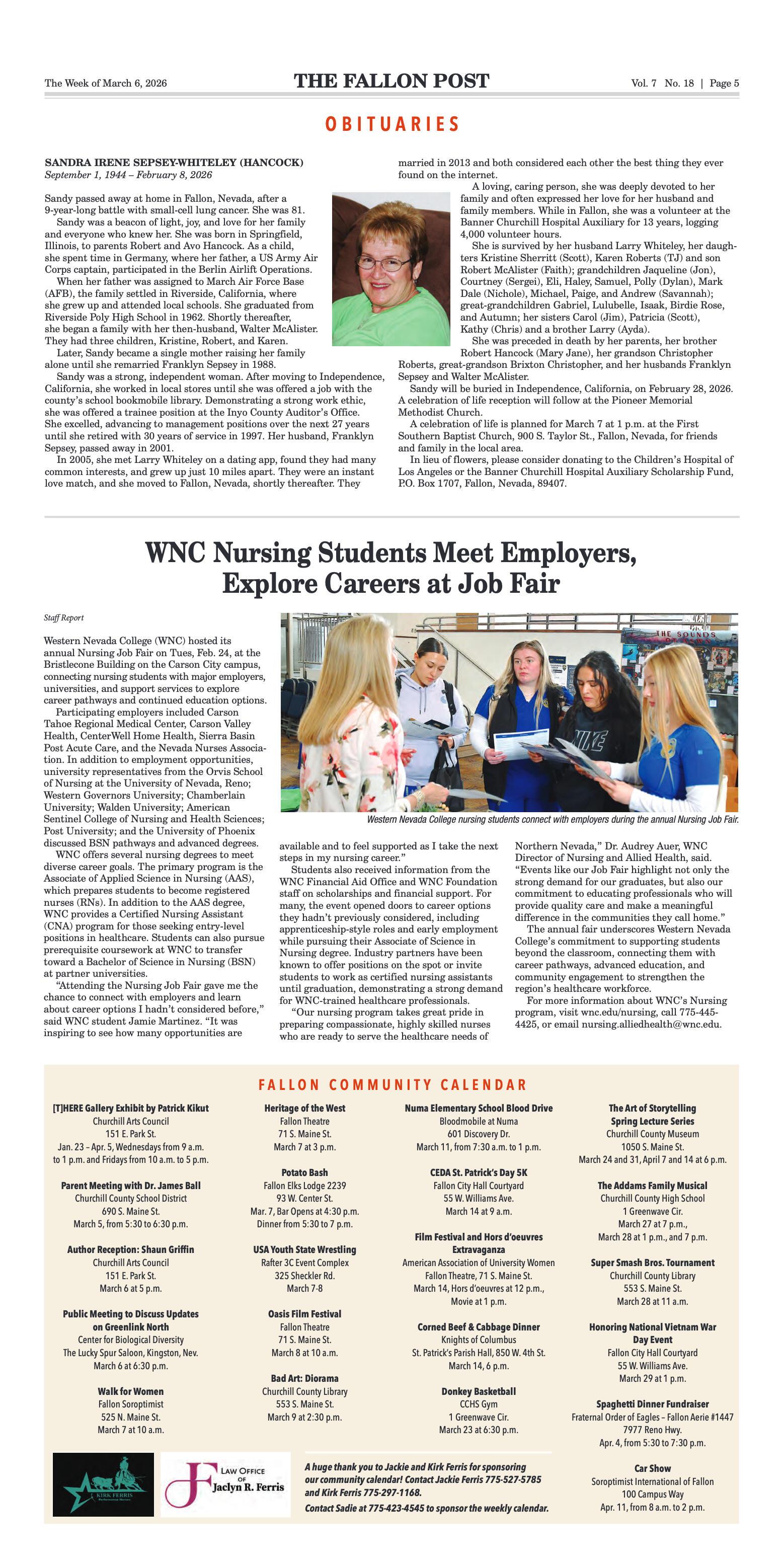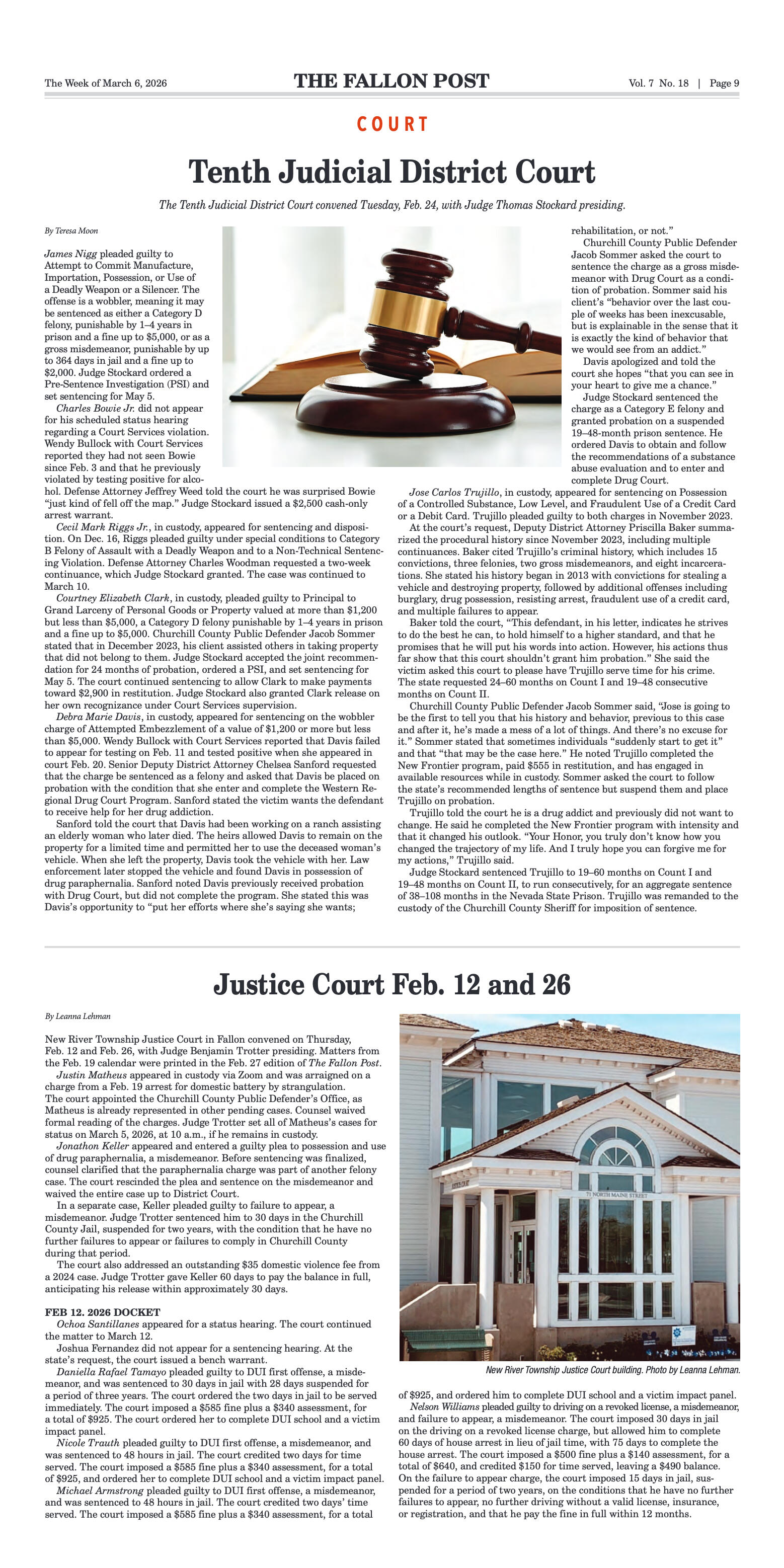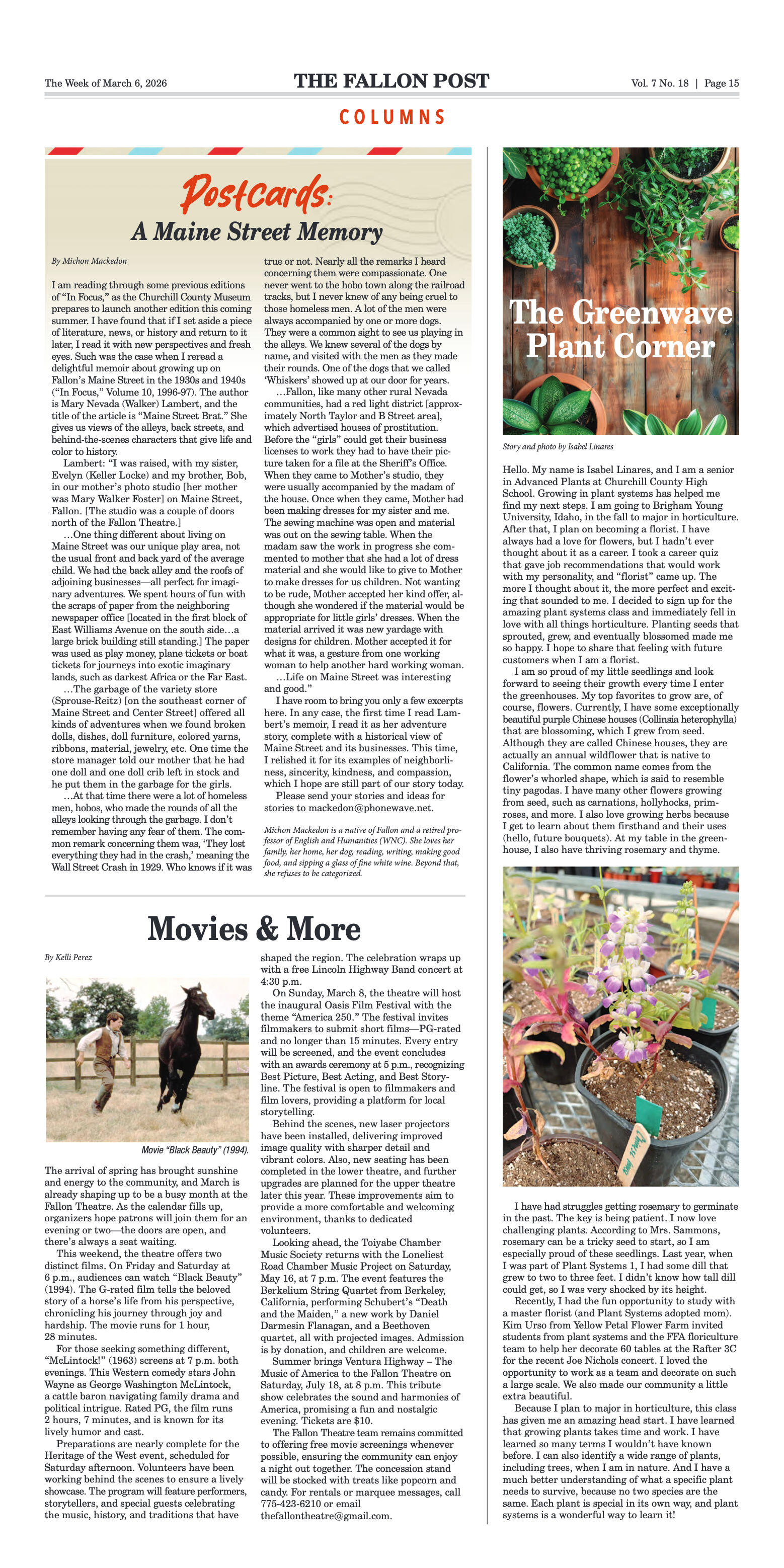The “Billionaires’ Minimum Income Tax” that is included in President Biden’s $5.8 trillion budget blueprint is a way to “pay-for” the many social programs that Democrats want to enact, like forgiving everyone’s student loans – including the loans of many members of Congress who will vote on the budget! The tax is meant to raise $360 billion in new revenue over ten years, helping to reduce the deficit, and claiming to help level the wealth gap between the rich and poor.
Yet when you actually read the proposed language, the so-called income tax is anything but its title. First, the tax would apply to more than billionaires but also all those making over $100 million. While that seems a lot, let’s understand that once that tax is implemented, the rate can be lowered to $10 million or even $1 million. That will impact thousands of hardworking Nevadans, especially large ranchers and farmers.
Second, the tax doesn’t just levy a 20 percent tax on income but applies to unrealized gains on every asset belonging to the household as well—be it a business, farm, a patent, retirement, or other investment. That is why nationally, farmers and ranchers are opposing this tax, and why I want rural Nevadans to know about this proposal.
While legislators have attempted to propose taxing unrealized capital gains before, including a wealth tax by Senators Elizabeth Warren and Bernie Sanders, as well as the now infamous “double death tax” that would have upended multigenerational American farms, ranches, and small businesses, the strange aspect of this proposal is that almost no one likes it.
Lawrence Summers, former U.S. Treasury Secretary under President Clinton, made his opposition clear when he said, “The billionaires’ tax is a bad idea whose time will never come…It’s mislabeled to give it a kind of populist appeal.” In an interview with CNBC, U.S. Representative Josh Gottheimer provided even more doubt when he stated, “The billionaire tax and how they’ve put that forward doesn’t make much sense…I really don’t think that proposal is going anywhere.”
There are many reasons to dislike this proposed tax including the huge administrative burden and costs it would take for families to comply, not to mention the reality of adding yet another enforcement for the bogged-down IRS, already six million and counting unprocessed returns behind.
In addition, legal experts are mulling the notion that defining unrealized gains on assets as taxable income may not even be constitutional—not to mention how to split up this direct federal asset tax among states, given that not all states have billionaires.
Then there’s the overall implication of reforming our tax laws to begin capping what essentially amounts to “success” also known as “the American Dream.” European countries tried this method at attempting to fill government coffers in the name of wealth equality before, only to have it backfire in their bureaucratic faces. The wealthy began to leave countries that instituted a wealth tax, and that revenue shortfall then became a burden on the middle class. Of the twelve wealth taxes instituted in European countries in the 90s, only three remain.
Nevada will be closely watched during this election cycle. Senators Catherine Cortez Masto and Jacky Rosen have a lot on their plate—including rising inflation, spiking gas prices, economic recovery from COVID, the second worst unemployment numbers in the country, and supply chain issues. Supporting this new tax proposal just to pay for more government spending will have political consequences during these challenging times.
Rich Robledo is a small business owner, a real estate broker and a Keystone Corporation board member.












































Comment
Comments